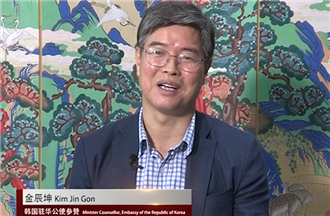He who calls the tune pays the piper
By Chen Nan ( China Daily ) Updated: 2015-07-28 08:12:25
 |
|
Gao Xiaosong (left) and Song Ke join Ali Music Group to revitalize the commercial side of music.[Photo by Zou Hong/China Daily] |
Xiami and TTPod are two flagship music apps for Alibaba, which has long aimed to become an online-media powerhouse, with music, film and television operations.
"In China, development of the music industry lags far behind that of other industries such as movies and computer games," Song says.
"I am with Gao when I say that joining Ali Music Group will be our last gig in music management. We hope we can be game-changers in the way music is bought."
Ali Music Group's arrival on the scene, which may concern some of its rivals, reflects the revolution the Internet has brought to China's music industry.
Even a decade ago, the most common way for Chinese to listen to the latest release from their favorite artists was to go to local music stores and buy a cassette or a CD.
That business model, profitable if not always highly lucrative, has been broken by the Internet. A younger generation has grown up downloading music illegally, and music fans are happy to go online to hear almost any track they can think of, generally without paying for it.
The International Federation of Phonographic Industry says in a report published this year that China remains a music market of enormous untapped potential, with an online user base of 650 million people and a growing number of licensed digital services.
However, a culture of paying for music is undeveloped, and potential growth in that direction has been hobbled by widespread, entrenched piracy.
|
|
|
|
|
|
|
|






















 Raymond Zhou:
Raymond Zhou: Pauline D Loh:
Pauline D Loh: Hot Pot
Hot Pot Eco China
Eco China China Dream
China Dream China Face
China Face





